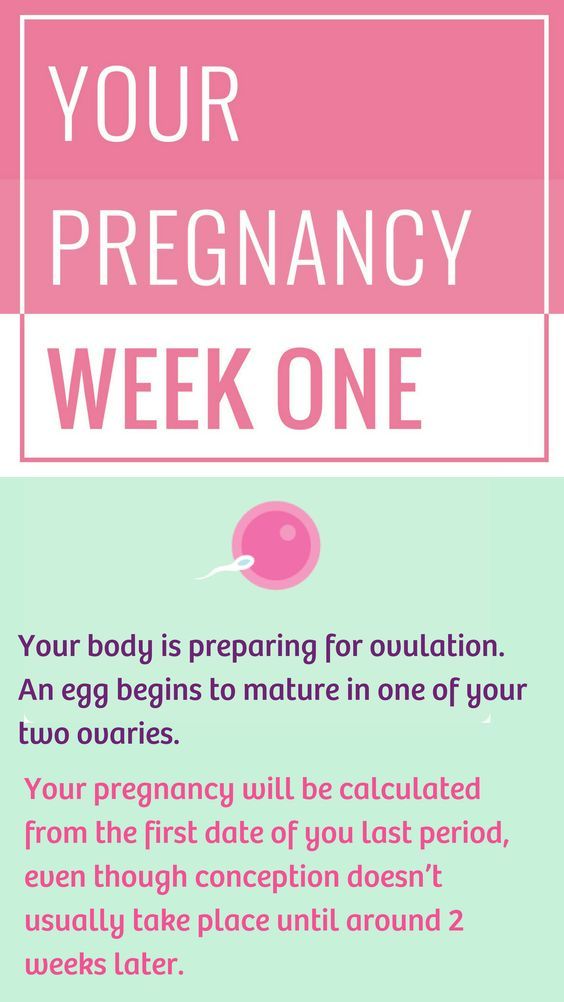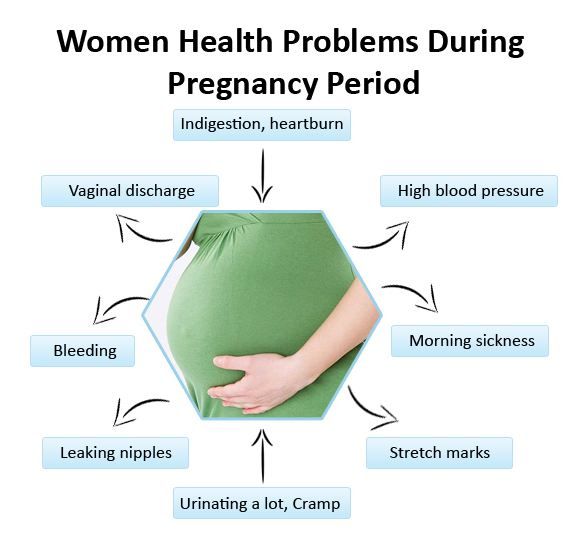How to keep child from biting nails
Causes, When to Worry, How to Stop It
Nail biting is one of those habits that toddlers sometimes develop. It can be unsightly, annoying (to you!), and even problematic for their health. But like thumb sucking, it usually goes away on its own with time.
But what if it doesn’t? We all probably know people our own age who bite their nails, too. So here are some tips for nipping the habit in the bud — or nail — early.
An estimated 30 to 60 percent of kids and teens bite their nails, so your child isn’t alone. So what causes it?
Some research shows that nail biting may have genetic factors. Also, your toddler could be biting their nails because of the attention (albeit negative) they garner when you insist they stop.
However, most experts pin down nail biting to habit — a repeated behavior that your child isn’t even aware of. Habits develop for three main reasons:
- Boredom. A bored child may start nibbling at their nails because there isn’t anything more pressing to do.
- Relief. Nail biting may be a response to stress. (Sort of like reaching for chocolate.)
- Relaxant. Some kids suck their thumbs to help them fall asleep, while others bite their nails.
Often habits simply wear themselves out and disappear. So usually, there’s no need to worry.
As for the dangers of nail biting itself, they definitely make it worth kicking the habit. Biting your nails can not only cause minor annoyances like hangnails, which may not seem minor at all to your tot, but also lead to infections and tooth problems.
Stopping any habit requires a hefty dose of self-control. When you’re dealing with a toddler who bites their nails, you’ll need double the amount of self-control — yours plus theirs. Here are seven strategies to help.
1. Make sure your child is on board
Your child can’t stop a habit if they don’t know they’re doing it. Plus, they need to be motivated to want to stop biting their nails.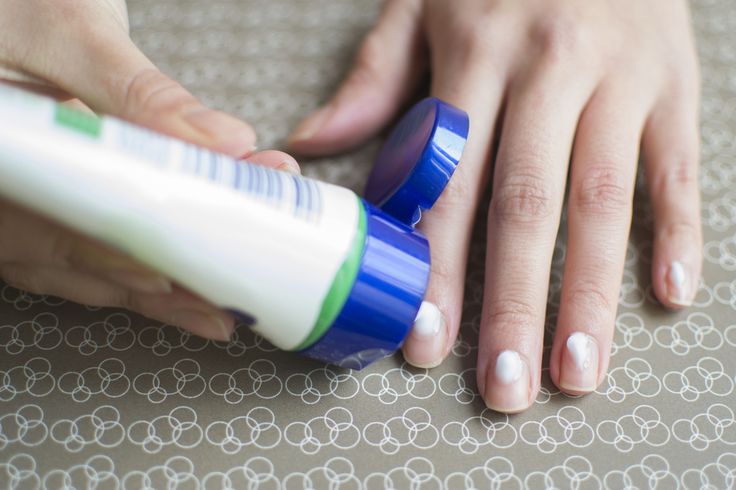
The first step is to make sure you’re a team. Help your child understand that nail biting is a habit that’s worth stopping, especially since it can cause infections and problems with your teeth. You can also talk about hygiene and touching things with fingers that have been in your mouth.
2. Cut nails short
Your toddler can’t bite what isn’t there, so keep their nails well trimmed. This also ensures that bacteria and dirt caught under the nails don’t get into your toddler’s system.
3. Create a code
This may make it fun and even, well, downright conspiratorial to your toddler.
Instead of telling your child to stop nail biting, choose a secret code that you can use to remind them to stop. Options include a specific word that you say, a touch on the shoulder, or a whistle.
4. Suggest substitutes
Help your child keep their hands busy with other things. Offer them rubber balls, Silly Putty, or even a piece of soft fabric to hold.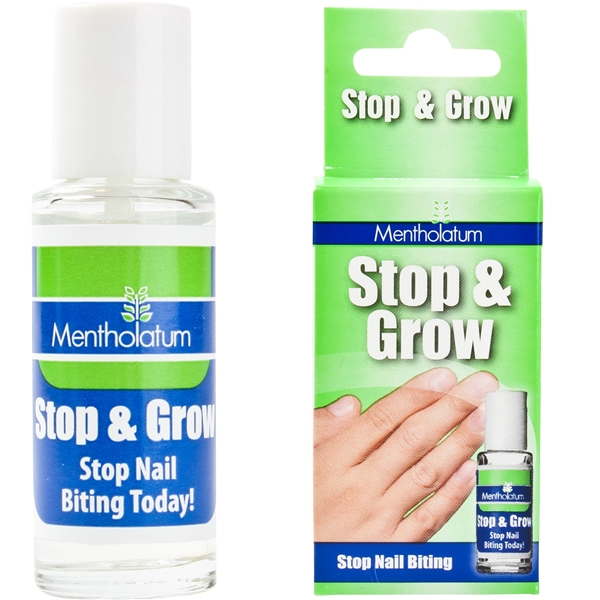 This may work especially well if they bite their nails due to stress or anxiety.
This may work especially well if they bite their nails due to stress or anxiety.
5. Use a reward system
Offer your child a small prize or put a star on a sticker chart for each day they don’t bite their nails. At the end of the week, they get to choose a prize. (For toddlers, this doesn’t need to be big. In fact, a sticker — or, if they’re into it, a fun nail-painting session — may be reward enough.)
6. Mention fun boredom-busting activities
If your tot bites their nails out of frequent boredom, suggest new activities. Coloring books, blank drawing pads, pretend play, pillow forts — these all serve the double purpose of fostering creativity and leaving little room for nail biting.
While you shouldn’t feel guilty about encouraging independent play, you can also distract your child from the habit by taking them to the park, working on a puzzle together, or cooking or baking together.
7. Apply bite-averting nail polish
This might be an option of last resort. And before you use this, make sure your toddler knows what it means.
And before you use this, make sure your toddler knows what it means.
The burning taste takes the thrill out of nail biting and makes your child more conscious of the habit. The downside is that your child gets a taste of the nail polish even when they’re putting their hands in their mouth for other reasons — like eating finger foods.
On the bad days when your toddler seems to be biting their nails nonstop, you might be tempted to do something that could make things worse.
Endless reprimands, long lectures, yelling, and punishments won’t encourage your child to stop biting their nails. In fact, the negative attention may just make your child more determined to show you who’s the boss of those nails.
Between the ages of 2 and 3 years old, your toddler is at the developmental stage of autonomy versus shame or doubt. At this me-do-it stage, your child is working toward independence. Toddlers who aren’t given the opportunity to behave with age-appropriate independence could begin to doubt their abilities, and this could lead to low self-esteem and feelings of shame.
Sometimes, nail biting could negatively affect your child’s social relationships or interfere with their daily functioning. You’ll notice this happening if your child complains that other children are teasing them about their bitten nails.
Nail biting can also have physical ramifications. It can lead to painful ingrown nails or nail infections caused by bacteria that have entered the damaged skin around the nail.
More rarely, chronic nail biters (usually adolescents) can damage their nail beds and teeth. This is called onychophagia. Research shows that it can be treated using oral devices to help break the habit.
A toddler who adds habits to their repertoire (hair twisting, thumb sucking, nose picking) may be signaling that they’re anxious about something. By spending one-on-one time with your child, you’ll build up a strong parent-child relationship that will help them share what’s going on in their world.
While your child will likely outgrow their nail-biting habit eventually, you can try to help them stop early. This involves good communication, positive reinforcement, and patience — from both of you.
This involves good communication, positive reinforcement, and patience — from both of you.
If you’re concerned about how your kiddo’s habit is affecting their health or social relationships, speak with their pediatrician.
How Can I Get My Child to Stop Biting Her Nails? | University of Utah Health
Download This Episode
Subscribe on Your Podcast App
Dr. Gellner: I often get asked, "How can I get my child to stop biting their nails?" It's tricky. but here are some tips.
Announcer: Keep your kids healthy and happy. You are now entering The Healthy Kids Zone with Dr. Cindy Gellner on The Scope.
Dr. Gellner: Nail biting is a common habit and it's usually not a serious problem for most children. Almost half of all teens still bite their nails. Most children who bite their nails eventually stop the habit. But some may actually continue to do it well into adulthood. Some of the reasons children bite their nails includes stress or anxiety, they are bored, they've seen other children do it and copy their behaviors, or their nails are not kept trimmed and they do it as a form of self-trimming.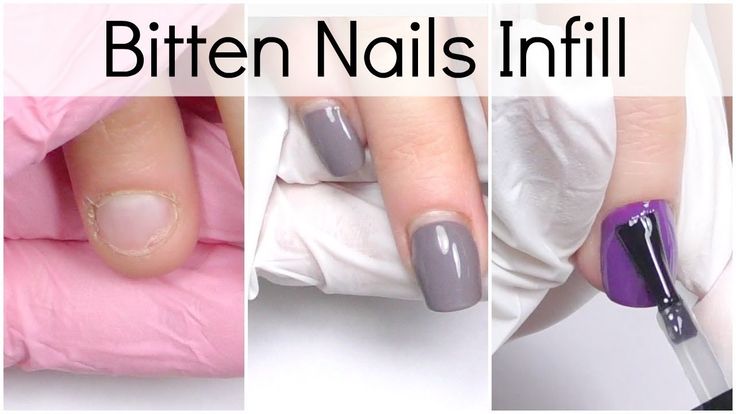
Most children that bite their nails have no problems. In some cases, nail biting may cause a bacterial infection called paronychia, which requires a doctor's visit for antibiotics. If your child has warts, they can get around the nail beds. Children touch everything and then, if they put their fingers in their mouth, they can get sick because they have just introduced germs into their body. And some children who bite their nails for years can cause permanent nail damage.
So how can you help your child to stop biting their nails? I have actually been asked to prescribe medication someone found on the Internet to get kids to stop. Sorry, no such medicine exists. Also, punishing or shaming a child for nail biting is not helpful. The best thing you can do to help your child is to try and figure out why they are biting their nails in the first place. If your child is under a lot of stress, try to reduce the stress. Talk about what is bothering them and ways to handle those situations.
Cutting long nails help some children. If there is nothing to bite on, they can't chew their nails. Direct your child's attention away from the nail-biting. It may help if your child keeps their hands busy, eats carrot sticks or chews gum. If you have an older child who wants to stop nail biting, help your child make a plan to break the habit. Some children wear gloves or put a bitter-tasting polish on the nails to remind them.
It may also help to have something else to do with their hands like playing with a worry stone or a stress ball in their pocket. Let your child decide what might help him or her break the habit. Praise your child when you see them making progress. Let girls get a manicure when they have long nails as a reward, for example. If you nag at your child, it's going to cause them more stress and it may make them bite their nails even more. Be gentle and supportive as they try to quit this behavior. Positive reinforcement goes a long way.
Announcer: Have a question about a medical procedure? Want to learn more about a health condition? With over 2,000 interviews with our physicians and specialists, there’s a pretty good chance you’ll find what you want to know.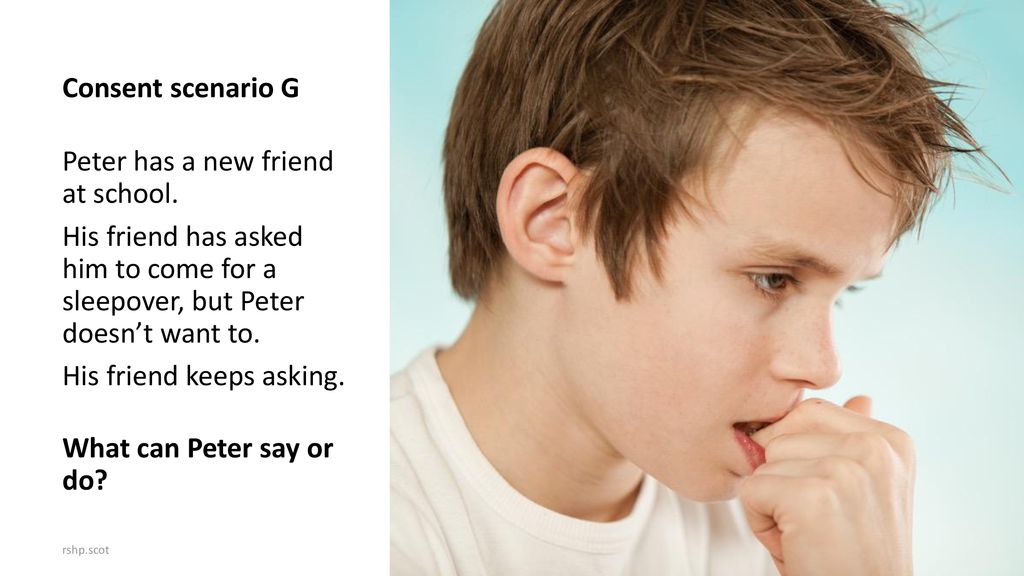 Check it out at TheScopeRadio.com.
Check it out at TheScopeRadio.com.
updated: March 19, 2019
originally published: February 8, 2016
How to wean a child from biting his nails
May 15, 2022 Likbez Life
Be patient, you will need it.
Iya Zorina
Author of Lifehacker, athlete, CCM
You can listen to the short version of the article. If it's more convenient for you, turn on the podcast.
Why does a child start biting his nails
The habit of biting nails, or onychophagia, is a fairly common phenomenon that affects 20-30% of people. It can occur at the age of 3-4 years and accompany the child until puberty and even beyond.
Scientists do not know exactly what this habit is connected with. Some believe that it can arise from stress, for example, due to problems in the family. Others find no connection with anxiety and argue that boredom and frustration are the cause.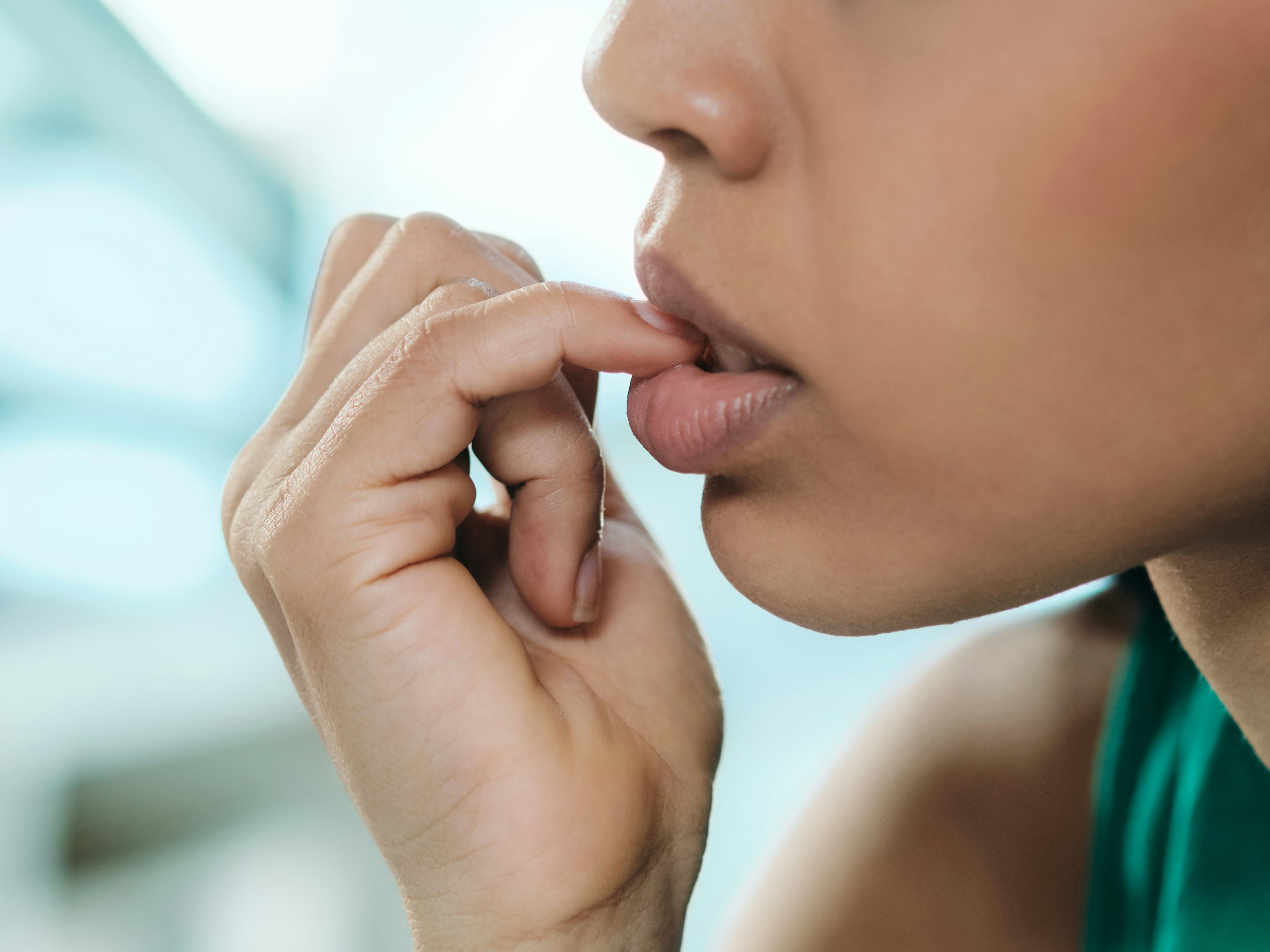
One study also found a link between bad habit and hyperactivity: 74% of children with this disorder periodically bit their nails.
Of course, this does not indicate a disorder, but if other signs of attention deficit hyperactivity disorder (ADHD) are present, it may be a clue that it is time to visit a child therapist.
At the same time, onychophagia may not have any connection with disorders, increased anxiety or an unhealthy climate in the family. Often this is just a compulsive action that a person performs unconsciously.
Is it necessary to wean a child from biting his nails
Without a doubt, this habit is worth fighting. Onychophagia can lead to the following problems:
- Progressive shortening of the nail plate and damage to the nail bed.
- Paronychia is an inflammation of the soft tissues around the nail.
- Periungual warts from papilloma virus transmission.
- Growth of Enterobacteria in the mouth, risk of transmission of pathogens such as E.
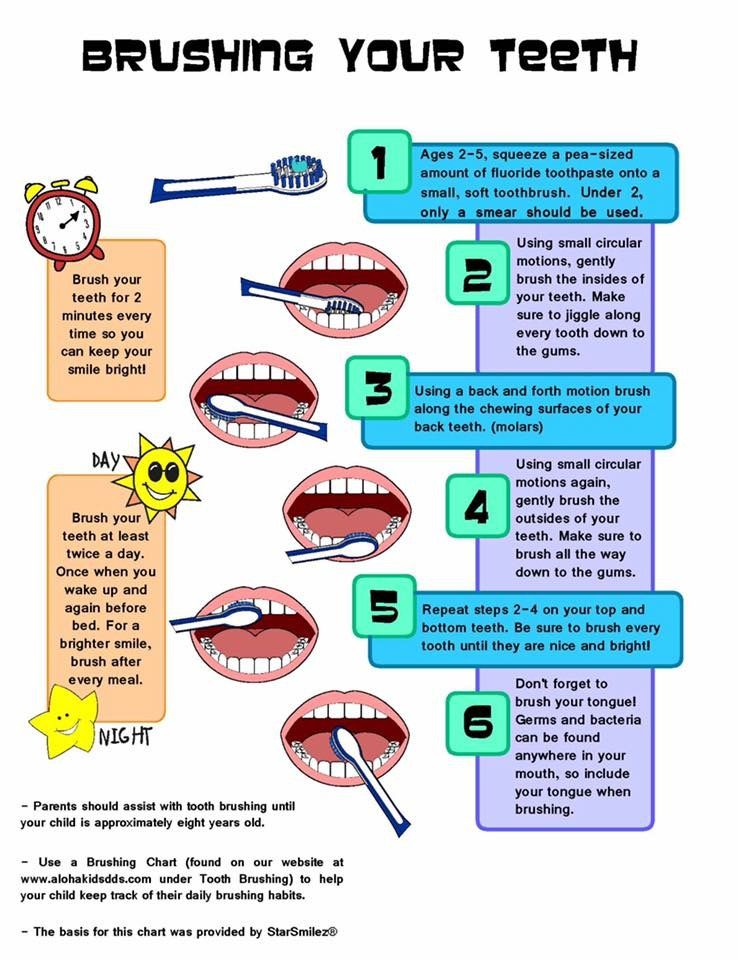 coli and Salmonella.
coli and Salmonella. - Problems with the oral cavity: notches on the teeth, resorption (reduction) of the root of the tooth, gingivitis (inflammation of the gums), the formation of malocclusion.
Moreover, nail biting can cause disapproval and ridicule from adults and peers, which will negatively affect the child's self-esteem.
Methods to try
There are several ways to break a bad habit.
Coating nails with a bitter substance
This method is quite popular and, according to research, gives good results.
Try using olive oil - it will provide not the most pleasant sensation when trying to bite your nails and at the same time will not harm the health of the child.
Special products are also sold, such as bitter cactus extract, that will last long on nails, won't stain clothes, and provide a bitter, unpleasant taste.
When using this method, it is very important not to present it as a punishment. Before putting any substance on your nails, talk to your child:
- Discuss how bad this habit is.
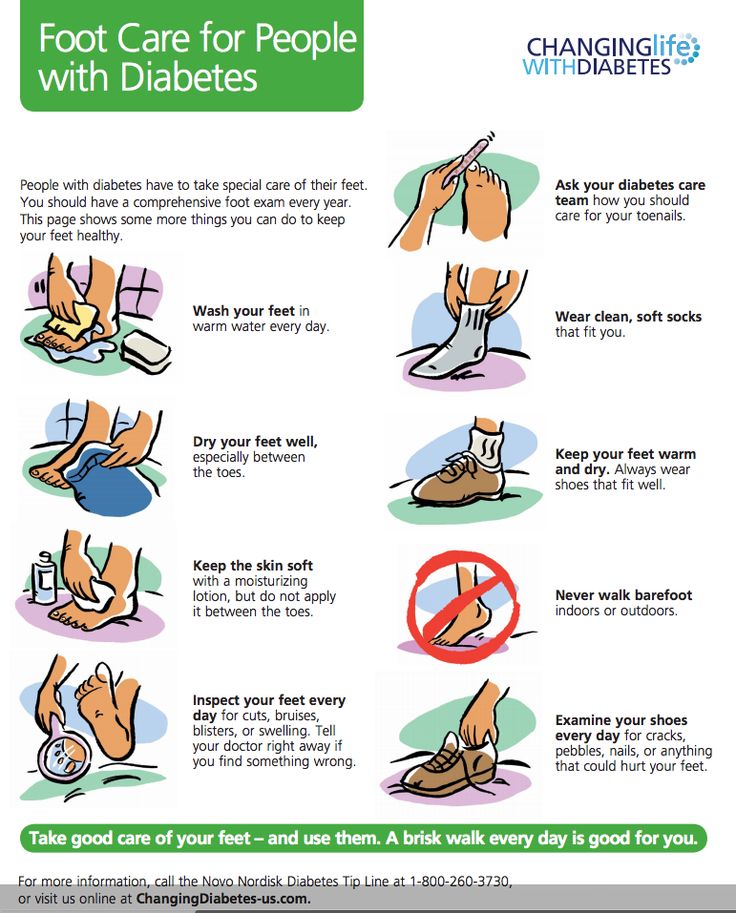 Tell us about the possible harm to nails and teeth, the risk of harmful bacteria getting into your mouth.
Tell us about the possible harm to nails and teeth, the risk of harmful bacteria getting into your mouth. - Explain that the method will help to cope with automatic actions and will not harm.
- Promise a reward if the child stays free of the bad habit for 1-2 weeks.
Comprehensive habit work
This method is suitable for older children from school age. It will require much more time and effort, but in the long run it will provide better results than simply smearing the nails with a bitter remedy.
The method includes three types of intervention:
1. Development of awareness . Explain to your child the importance of noticing when he starts biting his nails. If he is old enough to take notes, ask him to keep a habit diary and write down all the cases: when and under what circumstances he found himself doing it again, what happened before and after, what emotions he had at that moment. This way you can track what is the trigger of the habit and help your child get rid of automatic unconscious actions.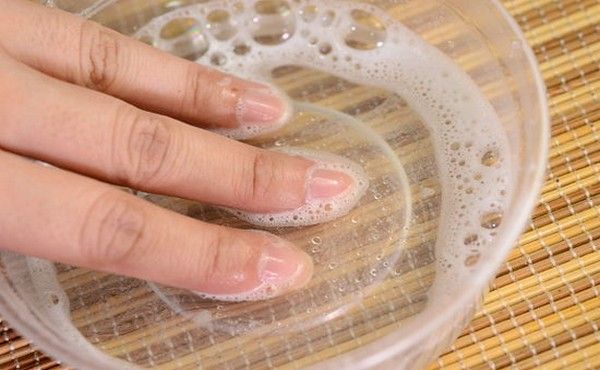
2. Replace . Come up with an action that can replace nail biting. For example, this might be squeezing a small toy or twisting a pencil in your fingers. Explain to the child that this will need to be done every time he notices that he is biting his nails or feels the urge to do so.
3. Social support . Praise your child for success, support his desire to get rid of a bad habit.
You should immediately tune in to long-term work and warn everyone involved about it. It may take weeks to change a habit, but the skills acquired in the process can be useful to the child later in life.
Developing positive habits
This method goes well with the previous one and is more about the general condition of the child than the specific impact on the habit.
Since lack of physical activity and psychological stress can be the cause of onychophagia, it is advised to accustom the child to useful activities.
Try enrolling him in a sports or dance class.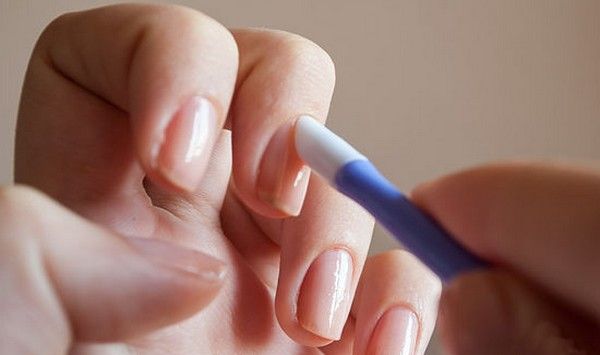 This will make up for the lack of activity, help develop self-confidence and improve communication with peers.
This will make up for the lack of activity, help develop self-confidence and improve communication with peers.
Alternatively, offer to draw or sculpt, learn some musical instrument. This will help to keep your hands busy and relieve stress, open up opportunities for self-expression.
Positive reinforcement
You can turn breaking a bad habit into an exciting game with a prize at the end. To begin with, be sure to explain to the child why it is necessary to stop biting nails, and promise to help him with this.
Then set the rules: how many days he will need to stay without a bad habit to get the coveted prize. For each successful day, you can give out colored stickers or stickers, make notes on the wall calendar.
You can come up with several levels of difficulty - three days, a week, two weeks, a month - and distribute rewards with increasing value. As a prize, you can use goodies, small gifts, or some kind of event like visiting a trampoline center, an amusement park.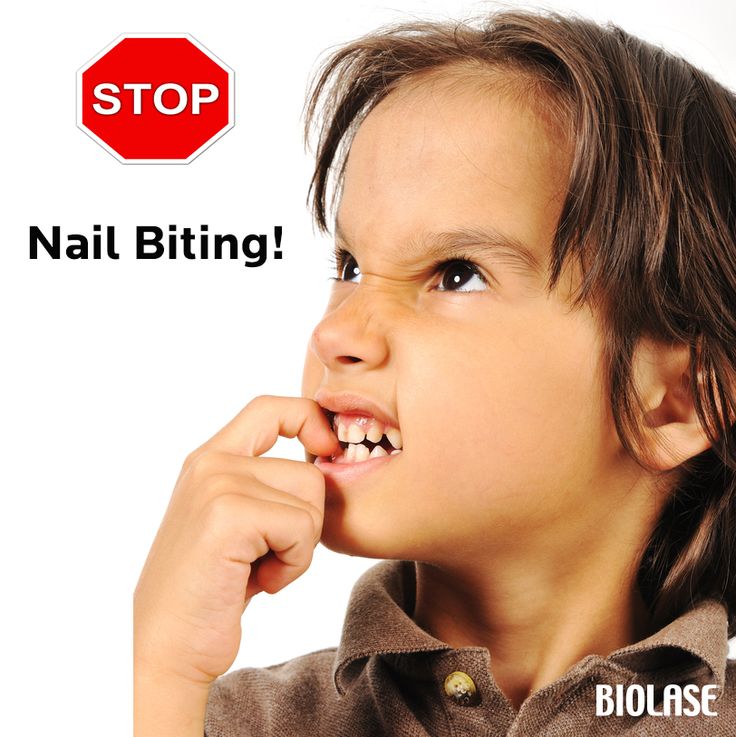
If a child cannot stand it, do not scold him or shame him. On the contrary, console and support his desire to last as long as necessary next time.
Which methods cannot be used
The authors of all scientific works agree on one thing: punishments, screams, attempts to shame and ridicule a child for a bad habit do not work. Such psychological attacks provide additional stress, can cause feelings of helplessness, anxiety and hopelessness, and reduce self-esteem.
Try not to scold the child and not be ashamed of his bad habit in front of other people. Explain to other relatives, including siblings, the importance of avoiding judgment and ridicule.
Read also 🧐
- Should genes be blamed for bad habits
- How to wean a child from night feeding
- How to wean a child from a pacifier
- How to wean a child from sleeping with parents
- 10 best ways to overcome bad habits
Clay modeling or a nail file with you: how to wean a child to bite his nails
Obsessive actions in which a child can bite his nails are called onychophagia. This condition is usually referred to as a manifestation of behavioral and emotional disorders. However, this may not be a pathology at all, but a bad habit. Yegor Gavryushkin, a pediatrician and consultant of the Doctor Nearby digital medical service, Kristina Kovalevskaya, a neurologist at the SberHealth online medical service, Raziyat Chupanova, and a child psychiatrist at the Mental Health Center clinic, told Gazeta.Ru about how to wean a child from biting their nails. Marina Garmash.
This condition is usually referred to as a manifestation of behavioral and emotional disorders. However, this may not be a pathology at all, but a bad habit. Yegor Gavryushkin, a pediatrician and consultant of the Doctor Nearby digital medical service, Kristina Kovalevskaya, a neurologist at the SberHealth online medical service, Raziyat Chupanova, and a child psychiatrist at the Mental Health Center clinic, told Gazeta.Ru about how to wean a child from biting their nails. Marina Garmash.
Why a child bites his nails
It is believed that if a child bites his nails, this indicates his tendency to nervousness. This can indeed be a manifestation of an anxiety disorder, and such a peculiar ritual helps the child cope with a stressful situation. In this way, he tries to cope with the psychological burden during any task.
How to wean a child from sucking his finger: advice from a pediatrician and dentist
Most children have a habit of sucking their fingers - this is due to the sucking reflex and the desire .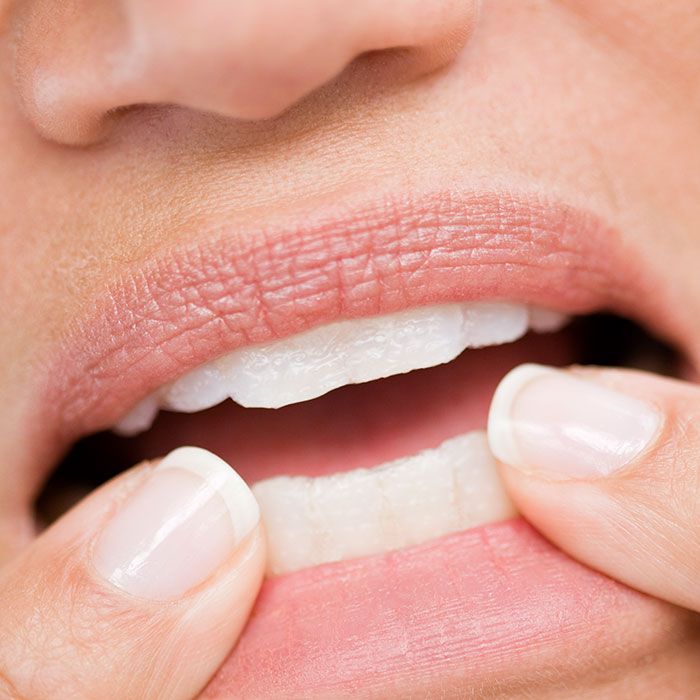 ..
..
05 May 11:00
However, child psychiatrist Marina Garmash explained that there is another reason for this behavior. According to her, a number of studies indicate that in some children, nail biting may be a habit that was formed at an early age (from five to six months to one and a half to three years). During this period, it is considered normal that the child puts his hands in his mouth.
As the neurologist Raziyat Chupanova noted, if this is really just a bad habit, over time, some children stop biting their nails on their own at an older age.
“According to epidemiological data, children do not start biting their nails until they are three or four years old,” the neurologist clarified.
The doctor clarified that the habit may remain in a child until adolescence and then disappear in adulthood.
According to psychologist and family therapist Kristina Kovalevskaya, there are two more less obvious reasons for this phenomenon. In the first case, the child takes a bad example from an adult.
“If a child bites his nails, this may be a copy of the behavior of another significant person in the family,” the psychologist emphasized.
According to her, the child repeats after one of the adults, unconsciously trying to communicate with a parent or relative.
In the second case, this action may be an attempt to attract the attention of the mother, so that she would worry and try to spend more time with the child.
close
100%
How helminthic infestations are associated with nail biting
If a child constantly bites his nails, then there is a high probability that the dirt from under them will enter the body through saliva. This can lead to parasite infestation. Reproduction in the body of eggs of worms is called helminthic invasions.
“Most often, helminthic infestations occur due to poor hygiene. When a child bites the surface of the skin around the nail plate, gnaws the nail plate itself, there is a risk that helminthic invasions will appear, ”warned pediatrician Yegor Gavryushkin.
There are other consequences. For example, nail biting can disrupt their growth. A bad habit will lead to deformation, thinning and delamination of the nail platinum, as well as inflammation and suppuration.
Psychiatric advice. What to do to stop a child from biting his nails0016
Some parents think that hitting a child who bites his nails on the arms will help him get rid of the bad habit. However, psychiatrist Marina Garmash urged not to resort to such harsh methods.
“On the contrary, this can lead to a deterioration and increase in neurotic actions, and also significantly disrupt mutual understanding between the child and parents, which is first of all necessary if there is a desire to cope with this habit,” the specialist explained.
According to her, there are several methods to help stop your child from biting their nails. For example, adults can cut them daily.
“Shortly trimmed nails will prevent dirt from accumulating and getting into the mouth, which means that the probability of infection of the body with parasites will be somewhat reduced. You can also carry a nail file with you to immediately treat the nail if a chip appears on it, ”said the psychiatrist.
You can also carry a nail file with you to immediately treat the nail if a chip appears on it, ”said the psychiatrist.
close
100%
As the doctor added, it is very important to come up with an alternative so that it is easier for the child to switch attention.
“There are many anti-stress toys that can be used as a replacement for the habit of keeping your hands busy with them. Develop with the child a code stop word that you can signal when you notice that he is biting his nails, ”advised the psychiatrist.
Psychologist's advice. How to wean a child from biting his nails
Parents often wonder how many hours a day should be allocated to wean a child from biting his nails.
However, family psychotherapist and psychologist Kristina Kovalevskaya noted that parents should not get hung up on this. It is better, on the contrary, to allocate time for the child, during which he is allowed to bite his nails. Gradually, you need to reduce this agreed period to a few minutes.





